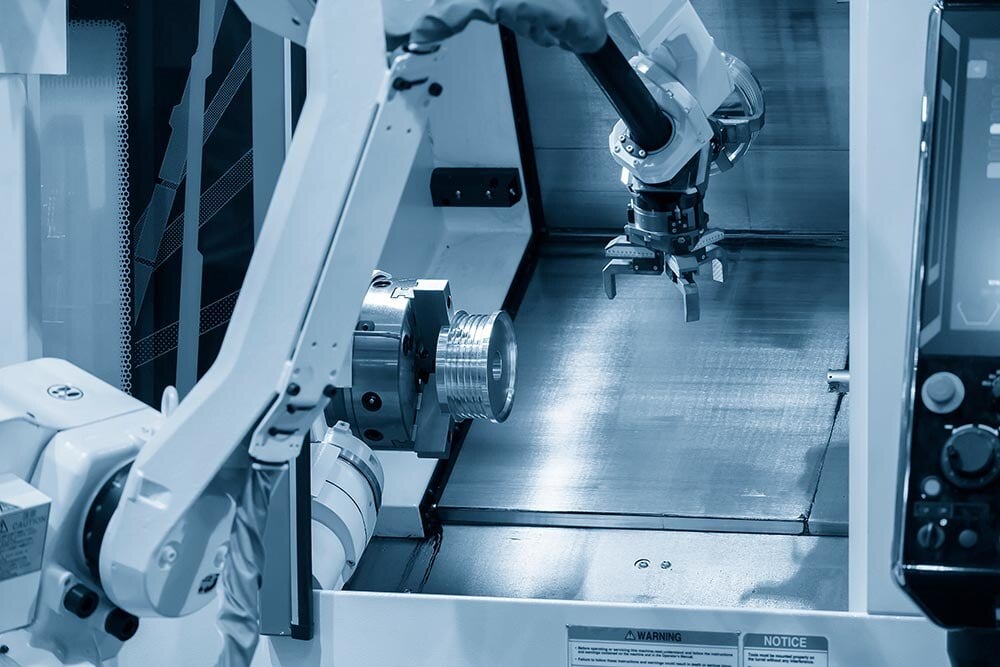Planning for the Future
Automated solutions that address both current and future needs are a critical challenge for businesses and their management. Yet, because of the expense of equipment, software and training, many systems are installed with the expectation that they will continue to operate productively, without change, over extended periods of time.
In fact, traditional automation methods tend to achieve short-term goals at the expense of long-term adaptive potential, often lacking the flexibility required to integrate business life cycle and market changes into the technology. In addition, even if the systems were designed with foresight and implemented with modularity or the flexibility to be changed, the time and skill required is itself a deterrent to the ROI compounding benefits of adaptation.

Adapting For
The Future
Flexibility For New Measurements
Modularity To Ease New Instrument Integration
Decoupling For Easier-To-Maintain Code
Architectures For Expanding Capabilities
Data Science Automation has been a pioneering force in applying Adaptive Automation to research, manufacturing, government and business clients that depend on maintaining competitive advantage in their respective industries. Systems that are designed with foresight and built to adapt become strategic and economical tools for continuous process improvement and long-term competitive advantage.
Our method of applying Adaptive Automation makes it possible to address both current and future needs of an engineering, laboratory, manufacturing, or test system so that continuous improvement through incremental, adaptive change is achievable, seamless and affordable.
What We Perfect
Baseline Functionality First
Continuous Process Improvement
Software Configurability
Future-Proofing
Adaptive Designs
Modular Architectures
Affordable Incremental Adaptations
Synthetic Instrumentation
Plug-and-Play
Scalable Automation Solutions
Software Reusability
Reconfigurable IO
FPGA
System on a Chip
Software Instrument Drivers
Widgets
Adaptive Control
Distributed Computing
Self-Qualification Form
As a technical user, you may know exactly what you need from us already. If you do, save time and streamline the discovery process with our self-qualification form, where you can let DSA know exactly what you need.
Get Started Today
Robust, modular test system architectures can result in short test development times and higher test capacities; and with more products getting tested sooner, more products will be sold and shipped. High throughput testing for pass/fail results is a worthy goal, but so much more can be accomplished. Data Science Automation extends the test strategy to automated text, web and database reporting, and ultimately to process improvements focused on defect prevention.
Would you like one of our Automated Test experts to contact you to discuss your application?